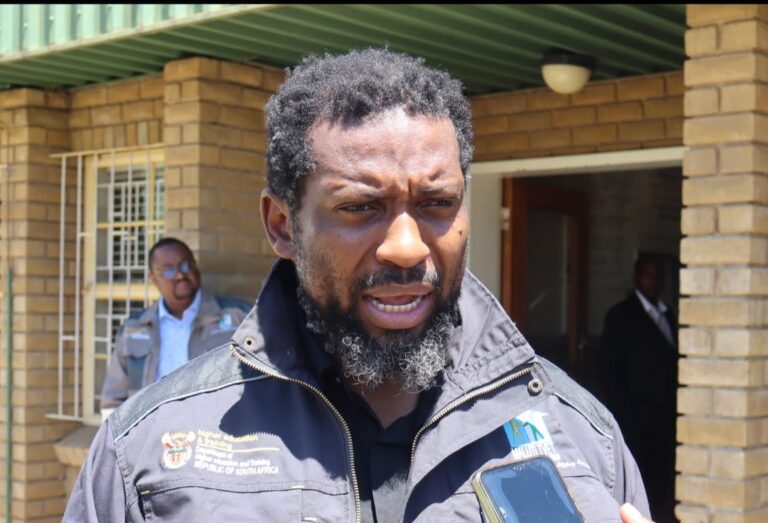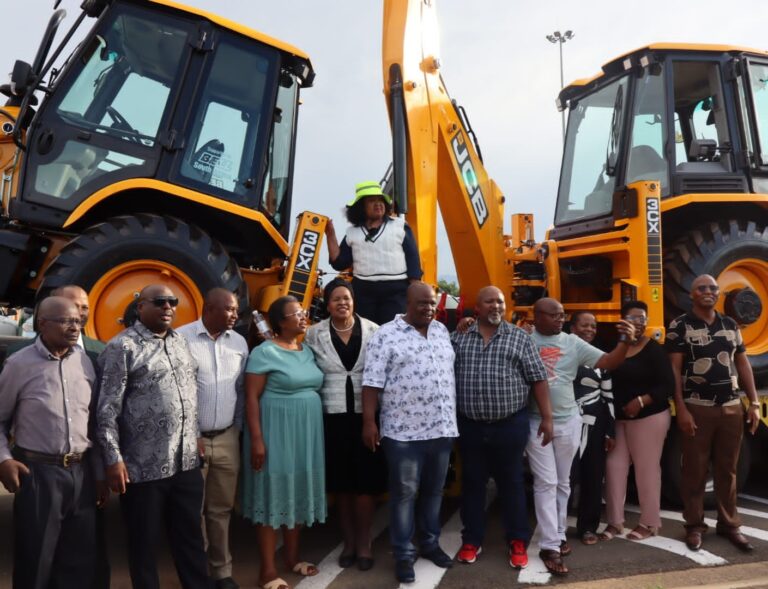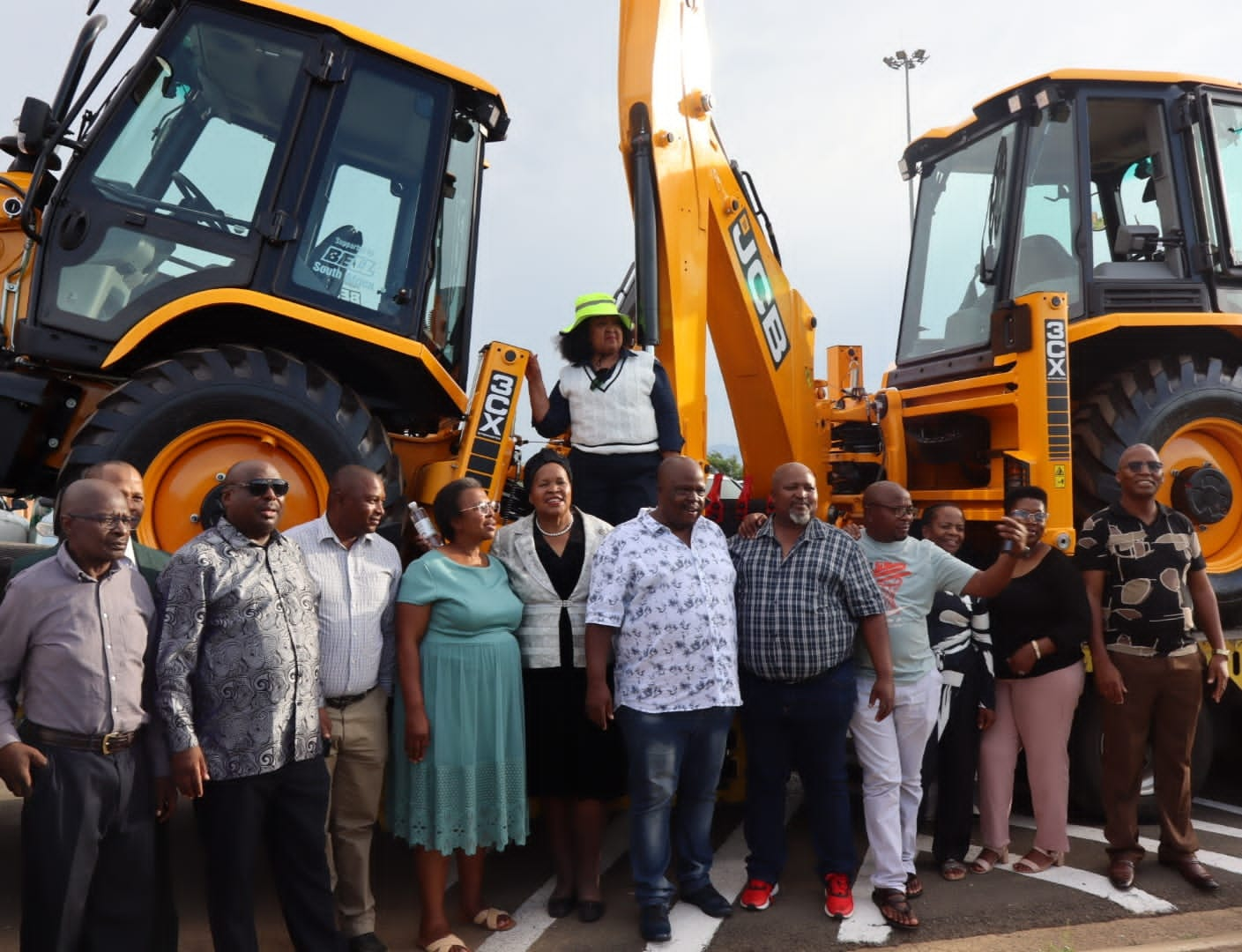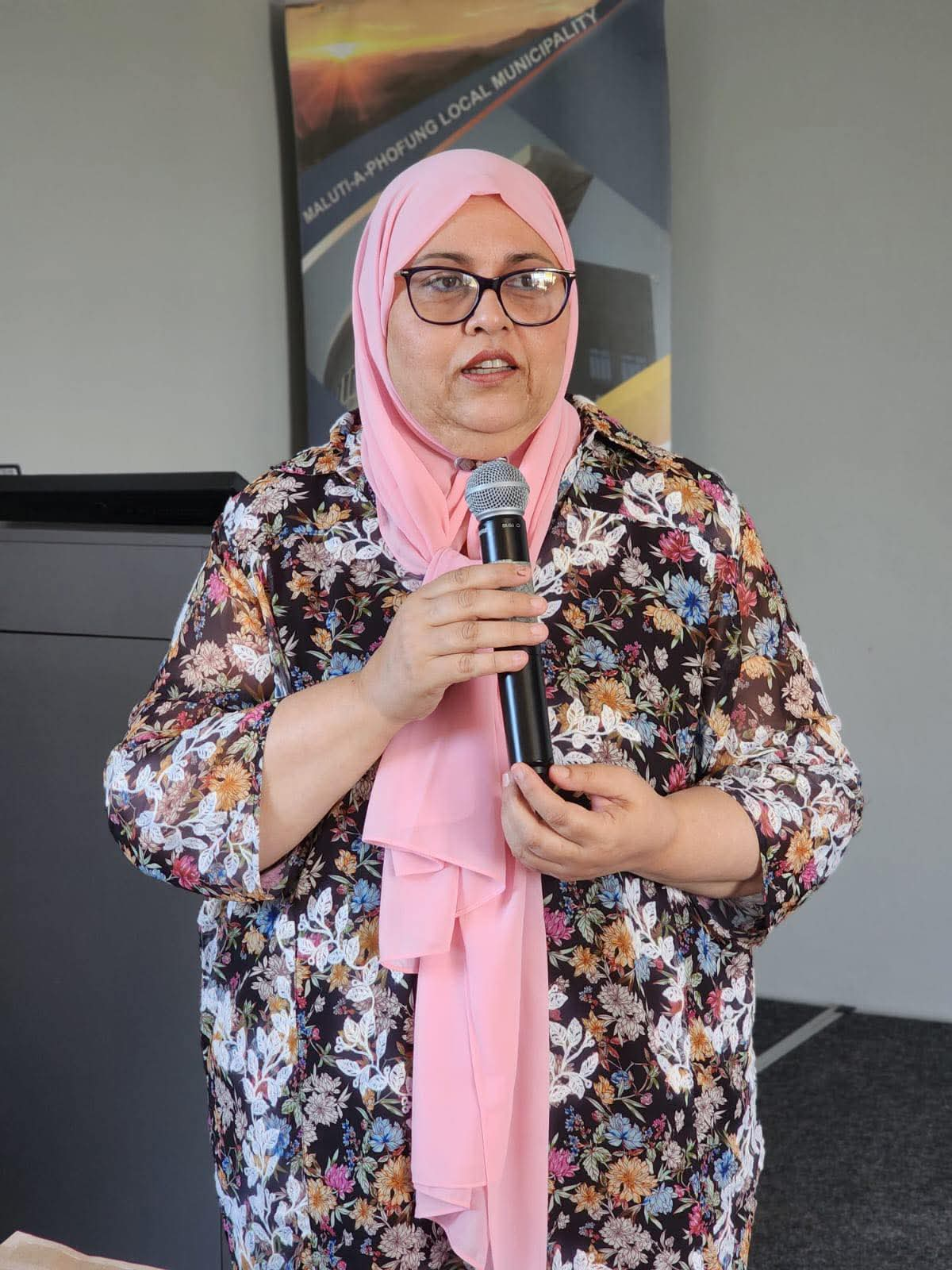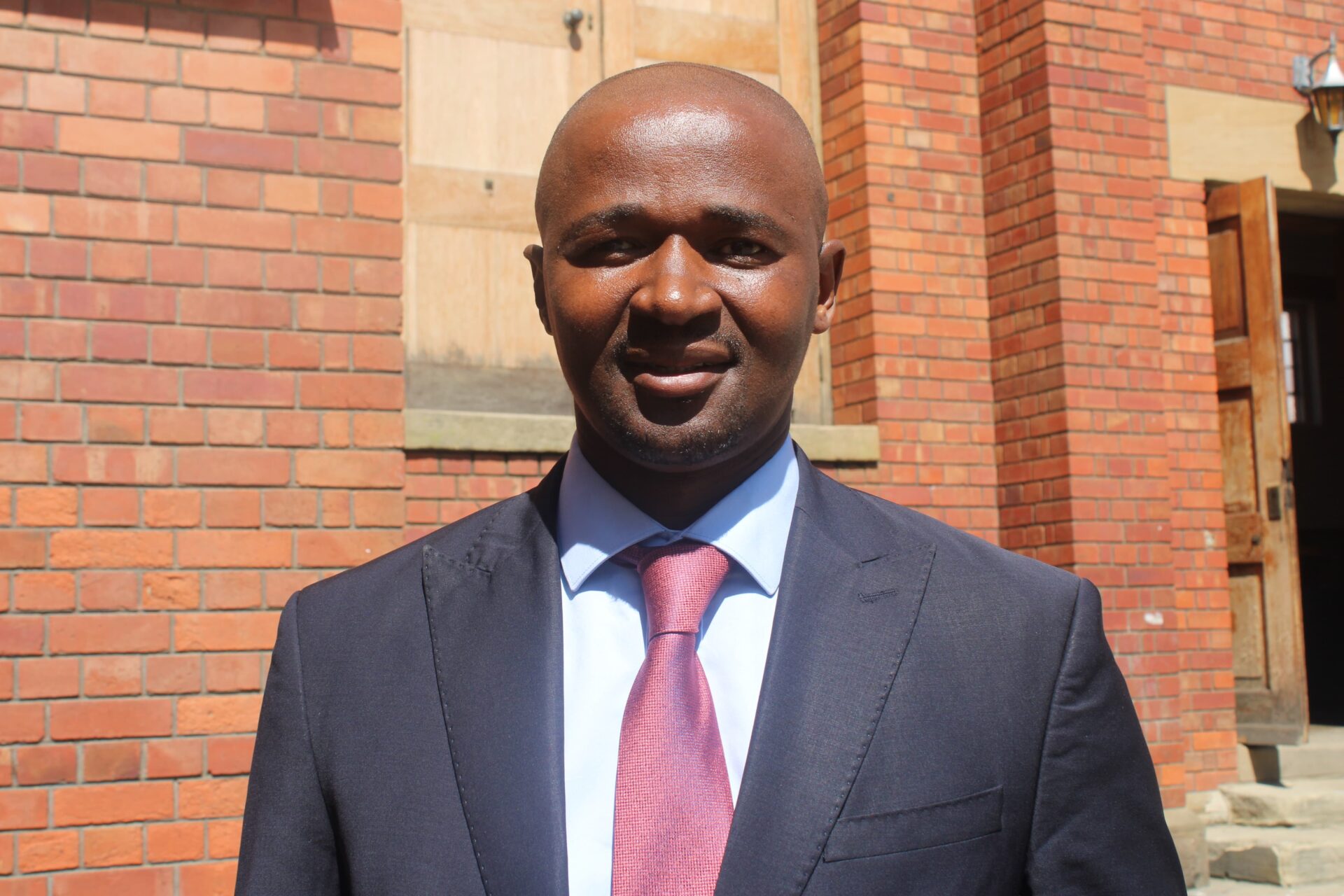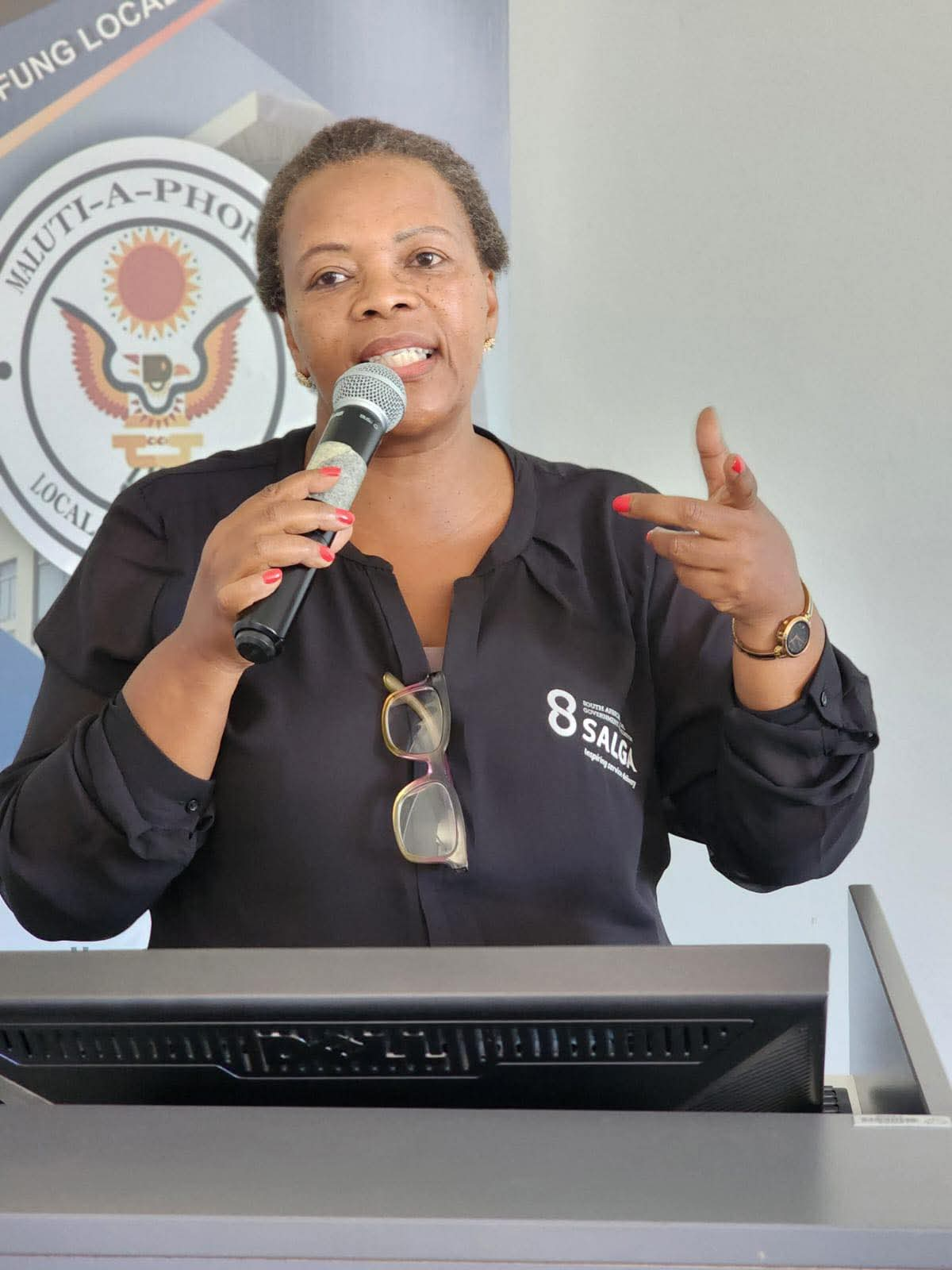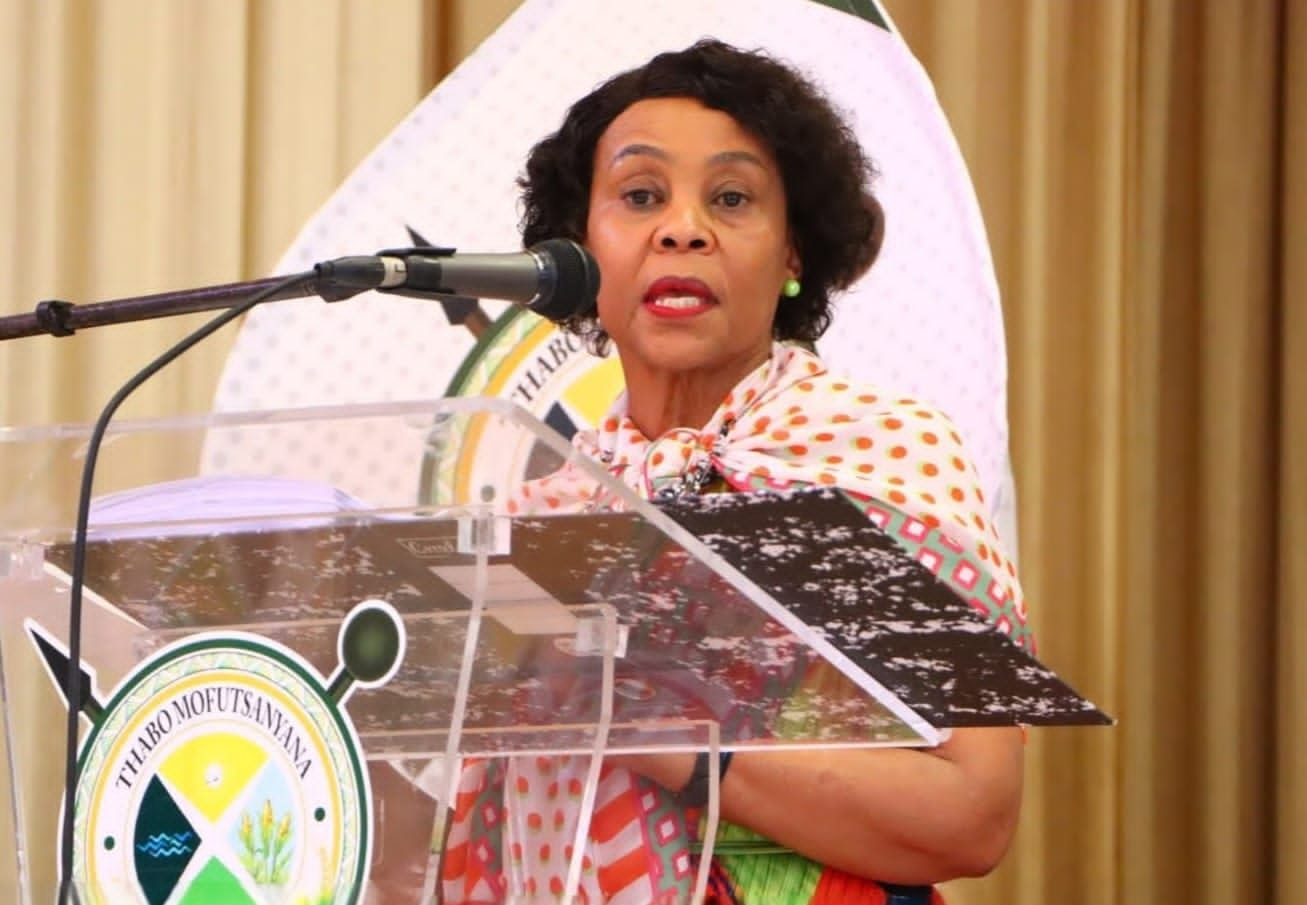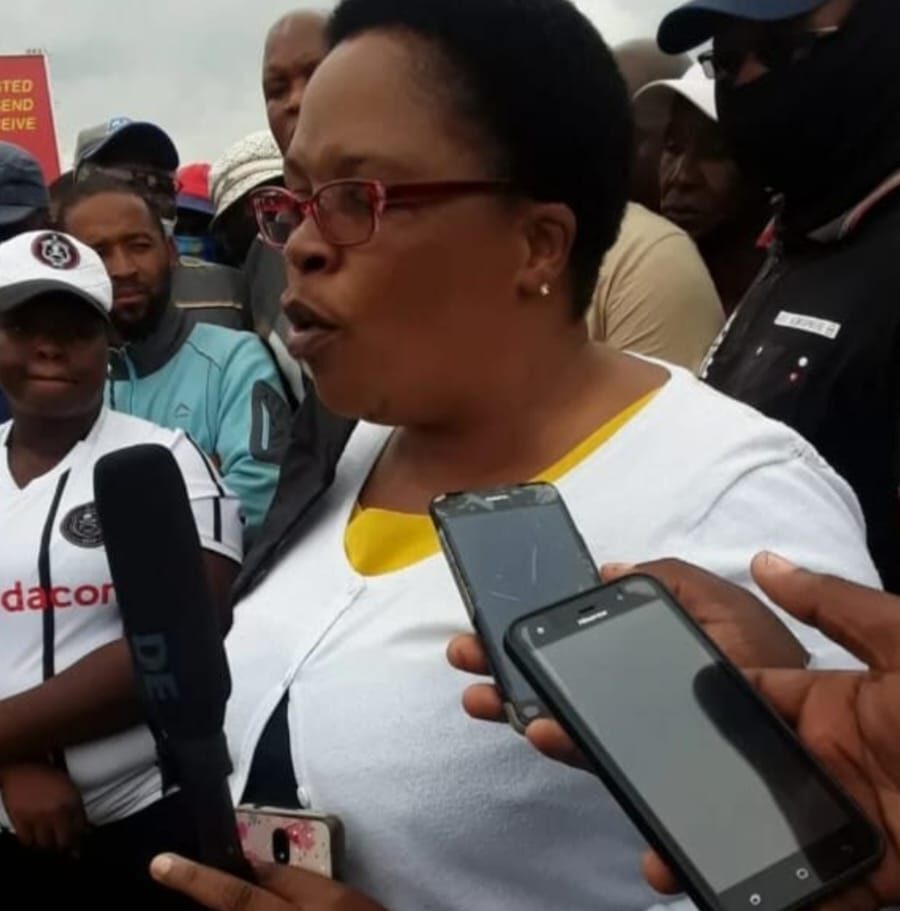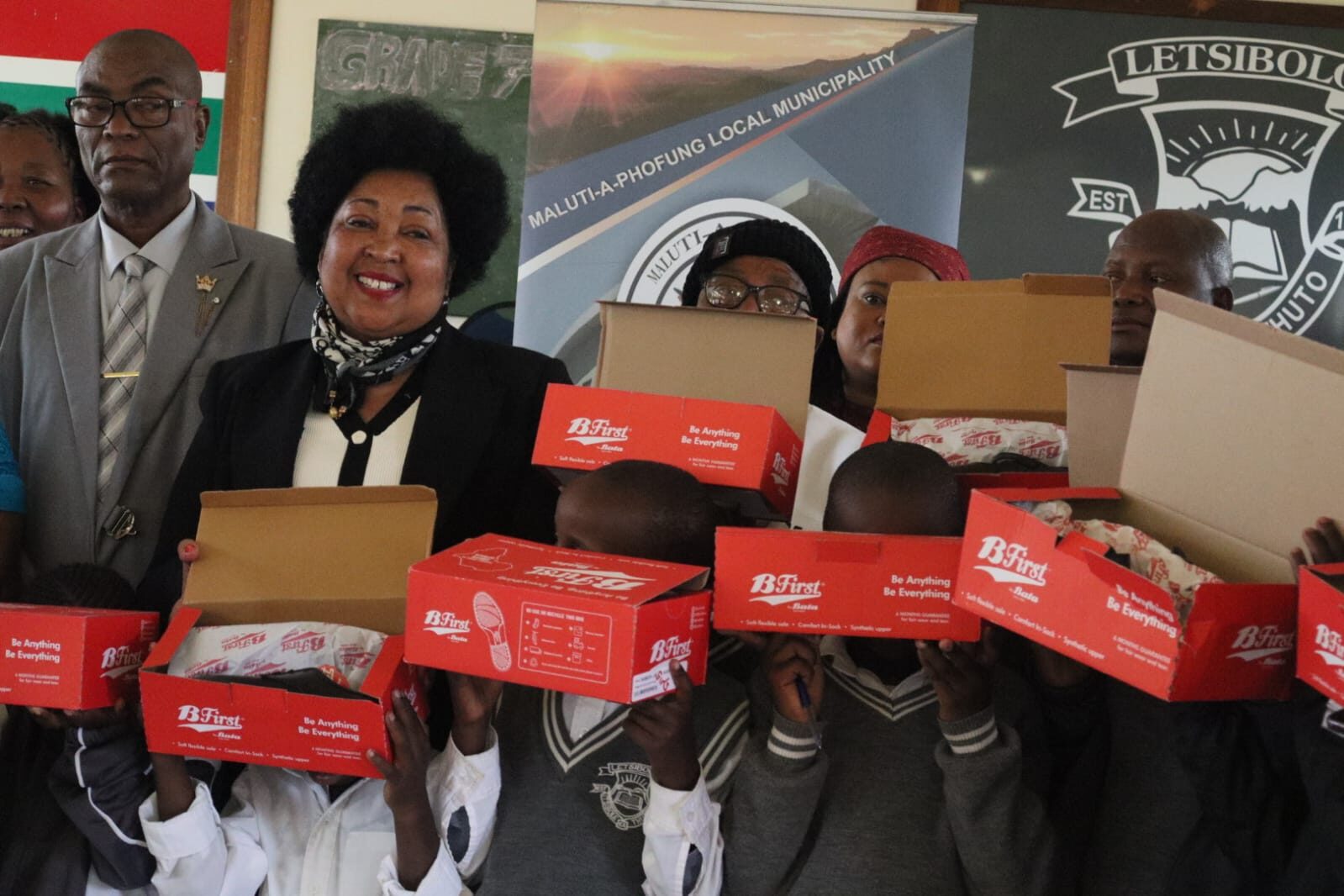By Emily Setona
QWAQWA – Outrage over abandoned mining pits, lack of clear ownership, and poor consultation dominated a heated public hearing on the Mineral Resources Development Bill at the Phuthaditjhaba Environmental Centre on August 13.
The session, attended by residents, municipal officials, and representatives from the Department of Mineral and Petroleum Resources, sought community input on proposed amendments to regulate small-scale mining — a lifeline for many in Maluti-a-Phofung, but also a source of rising tension.
Originally designed for large-scale operations, the bill now aims to require small-scale miners to obtain permits, follow safety protocols, rehabilitate sites, and face tougher enforcement. It also proposes a joint crackdown on illegal mining by the South African Police Service (SAPS) and municipalities.
But residents say they have been sidelined.
“Small-scale mining here has no clear ownership. Who are we supposed to answer to — the municipality or traditional leaders? And where are those leaders today?” demanded community member Mabidi Matjele, slamming their absence from the hearing.
He also criticised the rushed process: “I got this document yesterday. The deadline for submissions is today. That’s not enough time for meaningful input.”
Matjele warned of deadly consequences from unrehabilitated mining sites. “Illegal miners leave the land unrepaired. Children fall into these holes and die.”
Maluti-a-Phofung Council Speaker Mandlenkosi Dlamini acknowledged the danger. “This bill will help us enforce laws, issue permits, and rehabilitate abandoned mines. Formalising small-scale mining can grow the local economy,” he said, adding that another session could be held to involve traditional leaders, who were attending a separate workshop.
From surrounding villages, residents echoed urgent safety concerns.“When pits fill with water during rains, they become deadly,” said Magauta Fosi of Montsha village. “Children and the elderly are especially vulnerable.”
Roseline Tshabangu from Tseki warned: “Our children play near these pits. They push each other, and sometimes they fall in.”
Department official Nellie Tshabangu said the amendments recognise the economic role of small-scale miners but insist on compliance. “They must have licences, protective gear, and rehabilitate land. SAPS will assist in tackling illegal mining,” she said, noting the department is open to extending the deadline for submissions.
While the bill promises order, safety, and economic growth, residents made it clear: without transparent governance, thorough consultation, and action to fix land scarred by mining, trust in the law will remain buried.







